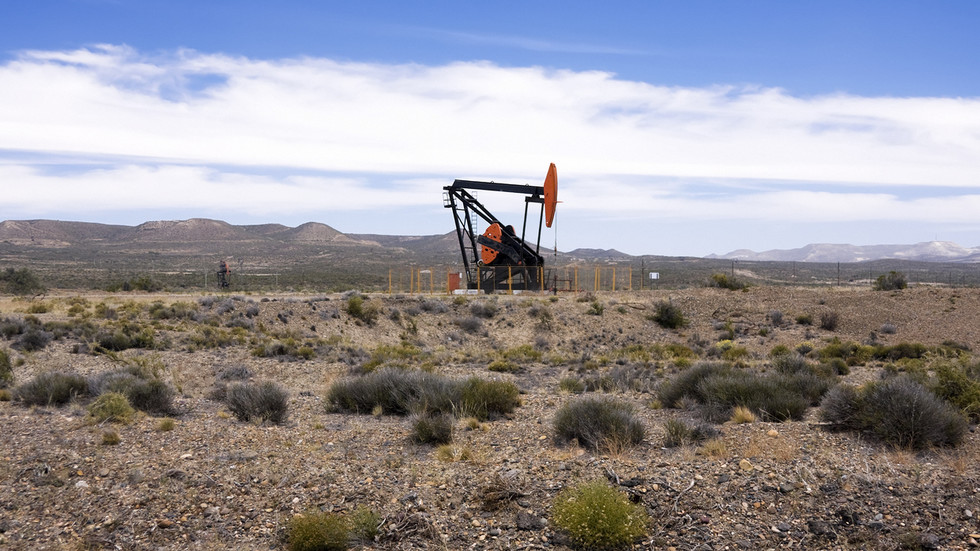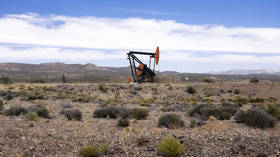
A number of regions have threatened to withhold supplies in what has turned into a standoff with the president

© Getty Images/Magaiza
Argentina’s key oil-producing provinces have threatened to cut supplies to the rest of the country if President Javier Milei presses ahead with a plan to slash funding and withhold billions in federal tax revenues, the Buenos Aires Herald has reported.
Milei’s government has “illegally retained” 13.5 billion pesos ($15.3 million) in monthly federal tax revenue transfers from the major crude-producing province of Chubut in Patagonia, its governor, Ignacio Torre, claimed. According to Argentine Economy Minister Luis Caputo, the measure is seen as a way of collecting on unpaid debt from Chubut and nine other oil-producing provinces. Patagonia, in the south of Argentina, is home to most of the country’s oil output.
Milei’s fiscal policies have sparked a fierce backlash from the regions that are crucial to Argentina’s energy sector.
“Not a drop of oil will come out on Wednesday if they don’t respect the provinces once and for all and take their foot off our back,” Torres told the broadcaster C5N on Saturday.

As part of Milei’s austerity plan, the new government announced it would cut subsidies to companies providing transportation services nationwide – a move that could drive up the price of public transport across the country. The authorities also slashed in January so-called discretionary funding to a number of provinces by 98%. The funds are distributed to the country’s states on top of the tax revenue they receive from the national government.
The governors of the oil-producing provinces backed Torres in threatening to stop supplies until the government releases the funds. Torres argued that the move will affect over 600,000 people in Chubut as it “impacts on their right to education, health, security and development.”
In response, Milei took to X (former Twitter) to brand Torres and his peers as “fiscal degenerates” and has threatened jail sentences of up to two years for anyone hindering energy supplies.
The standoff has raised concerns among economists about Argentina’s ability to maintain its oil production and supply chains, disruptions which could affect both national and international markets.

According to market analyst Artemio Lopez, Milei might have “miscalculated” the possible fallout of his policies.
“This is an unprecedented conflict due to its reach,” he said. “There is a rebellion in the provinces, and a mistaken assessment by Milei about the level of conflict.”
For the president, arguing with a deeply unpopular parliament is “one thing,” Lopez said. “But it is not the same when confronting governors. Most of them got a higher percentage of the vote than he did in the last election.”
Argentina ranks as the world’s 39th largest crude exporter and 20th largest supplier of natural gas, according to official data.
The dispute comes amid escalating protests over price hikes triggered by Milei’s “shock therapy reforms” in Argentina while its economy suffers a three-decade-high inflation rate of over 250%.
For more stories on economy & finance visit RT’s business section




